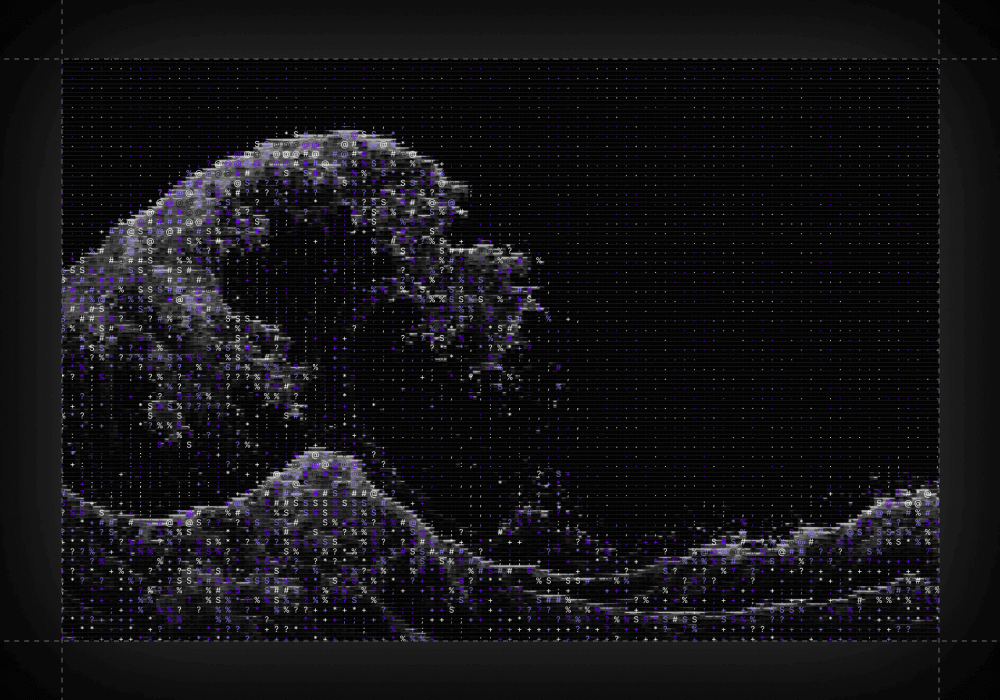The Importance of Dialectics
Share

This article first appeared in Quora.com
I am not by any means a philosopher although I have worked with some talented people in the discipline. But certain philosophical concepts deeply inform the way I think about the world. The idea of "opposing truths at extremes" is a powerful concept that I came to appreciate in my twenties.
My personality has sometimes been called a little intense. When I spend a lot of time reading, discussing, or thinking about an area, I'll often really appreciate why a strong viewpoint is true and come to very firm conclusions. But if I am later exposed to a strong opposing view I frequently find this countervailing view persuasive as well. I found this initially confusing. How could two extreme, contradictory viewpoints both be true?
One great thinker on this issue is G.W.F. Hegel:
The abstract thinking of the understanding is so far from being something firm and ultimate that it proves itself, on the contrary, to be a constant…overturning into its opposite, whereas the rational as such is rational precisely because it contains both of the opposites as ideal moments within itself.[1]
This is what I mean by a “dialectic”, where the truth exists at different extremes and the actual truth is a complex interaction between an initial understanding and its negation. The idea is that most polarizing viewpoints, whether practical or theoretical, contain within themselves apparent contradictions which seem to drive one to the opposite pole. But much as a Zen master appreciates both sides of a koan, one should strive to recognize that two contradicting extremes can often be simultaneously valid.
Many people are sloppy thinkers, and opt for “middle of the road” positions when faced with two opposing extremes. But compromise is often even less accurate than the extreme poles of a dialectic. In my experience, it's common that deep truths exist at both extremes of a dialectic, and the wisest stance on an issue will incorporate “both of the opposites within itself”.
Deeply understanding something and being a passionate advocate on one side of a debate (even in a way that may make others uncomfortable) is a great start, and the path to wisdom. But with maturity comes the insight that you should remain open to ideas and views totally incompatible with your own. I have learned that if I only see and deeply appreciate one side of an argument it means I am probably missing something important.
OK, that was a bit abstract. Let's go over some examples...
An obvious one is the product part of an organization. It's true that a great product team will collect lots of user feedback, systematize it, and make data-driven decisions – a “scientific” approach to product. However, as we know from Sony in the 1980's, Steve Jobs, and other iconic product organizations, it's also true that greatness in products requires leaders to tell customers what they want, not merely to ask and respond to customer data. This requires leaps of creative intuition, or an “artistic” approach to product.
These are conflicting methodologies, but extreme forms of both must exist inside of a product organization for it to be great. It's easy for experienced company-builders to see how mistakes will be made by only relying on one of these and not the other.
Another example is the dialectic between entrepreneurial vigor and lawyerly/bureaucratic restraint. As an entrepreneur, I had a strong bias to move quickly and decisively. I found it frustrating and suffocating when legal counsel or management restricted my freedom to experiment. I understood that most big corporations and government institutions function in massively inefficient ways (which created huge opportunities for Palantir and other ventures). Although I remain committed to these views, I have now grown to appreciate that a bunch of ardent entrepreneurs with large risk appetites can be too volatile; that you need corporate governance and procedural checks to keep a company from blowing up. What’s important to recognize here is that a company should not strive for a middling balance between these two extremes, it should cultivate both at once. Great executives understand that they need to incubate ambitious entrepreneurs with a bias towards fast iteration and “breaking things,” while ensuring that experienced leadership and legal personalities keep the company on a stable trajectory. It’s a very challenging paradigm to master.
A third example is the dialectic between breadth and depth. It has been my experience that deep, obsessive focus at the expense of other areas of life yields exponential returns. The curve tracking productive output against the time a person invests in a single subject matter is highly convex. Yet I have also come to realize the importance of building bridges and relationships across disciplines, and in equally vital pursuits such as family life. A fully torqued engine burns out more quickly. I have discovered that extra-disciplinary conversations spark my intuition and create important synergies for the businesses I have been a part of. My bias is to work extremely hard and dive very deeply into topics, and I attribute some of my greatest work (such as at Palantir and Addepar) to periods of extreme focus. But developing relationships with experts outside of my chosen fields and cultivating other personal interests has helped me expand my worldview and pinpoint opportunities I might have otherwise missed entirely.
These are a few examples for how I apply Hegel’s insight when thinking about startups, but of course dialectics surface nearly everywhere. One profound dialectic I have encountered is between what I’ll call “Nietzschean behavior” and “altruistic virtue.”
A very small proportion of human beings – perhaps the top 1% - has a wildly oversized impact on our political fate and the progress of our species. I am “inegalitarian” with respect to talent. I believe that a small cadre of industrialists, thinkers, artists, and statesmen dominate world affairs largely because of their natural talents and internal will to power – though sheer luck certainly plays a role as well. Effective leaders will understand how to learn from and leverage the extraordinary talents of elite members of society. Great leaders often live extremely uncommon lives, and Nietzsche points out that many elite leaders develop a “pathos of distance” from the affairs of the ordinary person. This remove may stimulate the severe self-criticism and “constant self-overcoming” which enhance a leader’s ability to impact and transform the world.[2] An effective leader will understand when to withdraw from normal life and apply herself to grand projects.
But while it’s true that talent is unequally distributed, a thoughtless, self-glorifying aristocracy is a very dangerous thing. Is it any surprise that Hitler and Mussolini displayed the cruelest forms of Nietzschean behavior – even drew directly upon Nietzsche as inspiration for their atrocities? I believe that truly great leaders are those who embrace the dialectical counterpoint of moral equality among persons, and cultivate a deep sense of altruistic virtue. I personally believe this egalitarianism finds powerful expression in Judeo-Christian principles: compassion for the meek, mercy, and love for thy neighbor as thyself. Powerful individuals often find themselves pulled in different directions by the forces of elitism and virtue, and in fact this is a healthy tension. Many great leaders have both a strong sense of exceptionalism and an unwavering moral compass.
To recap, I believe that wisdom is very often dialectical in nature. Extreme, conflicting viewpoints are often simultaneously true – whether in business or more broadly in human life. It is the hallmark of a wise individual to eschew the milquetoast path of middling compromise, and instead to embrace these “antinomies” of reason and fuse them into a concrete course of action; to be patient and comfortable with cognitive dissonance. I encourage young entrepreneurs, dreamers, and other visionaries to strive to explore both sides of every issue. Dialectical wisdom has been integral to my success and well-being.
[1] Hegel, G.W.F. “The Encyclopaedia Logic” Trans. T.F. Geraets, W.A. Suchting, and H.S. Harris. Hackett, 1991. p.133
[2] Nietzsche, Friedrich. “Beyond Good and Evil.” Trans. Judith Norman, Cambridge U.P., 2002. p.151






.png)

.png)


